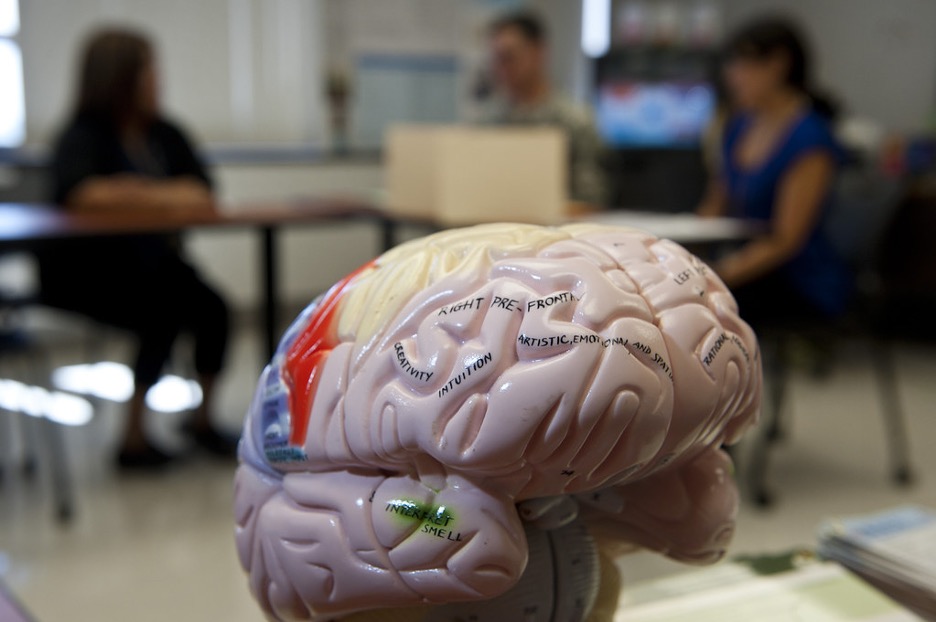
Alzheimer’s disease is a progressive neurodegenerative disorder that affects memory, thinking and behavior. Its cause is unknown, but genetics may play an important role in its development. It is the most common form of dementia, accounting for up to 70 percent of all cases.
Alzheimer’s disease can begin with mild cognitive impairment (MCI), which means someone with the disease may have trouble remembering things like names or places, but the disease is acute and tends to get worse over time.
Until recently, the treatment options for people living with Alzheimer’s were limited, and most of the medications on the market come with a hefty dose of side effects. Fortunately, new studies suggest that healthy lifestyle changes, and a new medication called ANAVEX2-73, may slow the progression of the disease.
The disease begins to affect people’s lives in the early stages, but its progression varies from person to person.
While the disease is progressive, its progression varies from person to person. The symptoms of Alzheimer’s can begin in early adulthood or later in life. The average age at which people are diagnosed with Alzheimer’s is about 70 years old, but some people develop it earlier and others develop it later than that.
Regardless of age at diagnosis, the disease has a huge impact on the person diagnosed, as well as their family, and friends.
Healthy Lifestyle and New Medication May Offer Hope
According to new research in the FINGER clinical trial, one of the most important factors in slowing the progression of Alzheimer’s is a healthy lifestyle.
This means eating a diet rich in fruits and vegetables, exercising regularly, maintaining a healthy weight, getting enough sleep and not smoking.
Meanwhile, a new drug called ANAVEX2-73 (Blarcamesine) hopes to offer relief to people suffering from Alzheimer’s in an entirely different way.
According to the Michael J. Fox Foundation, “The drug works by activating the Sigma-1 receptor protein in the brain. This protein helps brain cells stay healthy by reducing the effects of certain kinds of stress, preventing toxic proteins from building up in brain cells, and possibly protecting brain cells in other ways.”
The drug is still being studied in clinical trials, but early results look promising. Studies found that those who took ANAVEX2-73 had less decline in their memory than those who did not take it over one year of follow-up, and overall had very few side effects.
Dr. Christopher Missling explains, “The potential implications of our research is improved cognitive capabilities for people diagnosed with debilitating neurodegenerative or neurodevelopmental disorders. This is a significant potential worth pursuing, as families across the globe caring for a loved one afflicted with a CNS disease are quite aware.”

